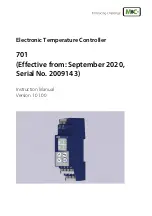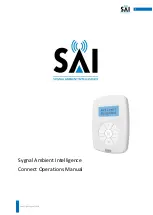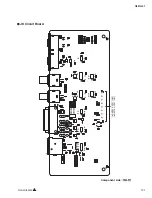
ii
Copyright
Copyright
Copyright
1998 by Acer Inc. All rights reserved. No part of this
publication may be reproduced, transmitted, transcribed, stored in a
retrieval system, or translated into any language or computer
language, in any form or by any means, electronic, mechanical,
magnetic, optical, chemical, manual or otherwise, without the prior
written permission of this company.
Disclaimer
Disclaimer
This company makes no representations or warranties, either
expressed or implied, with respect to the contents hereof and
specifically disclaims any warranties, merchantability or fitness for any
particular purpose. Any software described in this manual is sold or
licensed "as is". Should the programs prove defective following their
purchase, the buyer (and not this company, its distributor, or its dealer)
assumes the entire cost of all necessary servicing, repair, and any
incidental or consequential damages resulting from any defect in the
software. Further, this company reserves the right to revise this
publication and to make changes from time to time in the contents
hereof without obligation to notify any person of such revision or
changes.
Summary of Contents for AcerAltos 3102RS
Page 1: ...AcerAltos 3102RS AcerAltos 3102RS Ultra SCSI to Ultra SCSI RAID Controller User s Guide ...
Page 18: ......
Page 20: ......
Page 24: ......
Page 55: ...Chapter 3 Functional Descriptions 37 Drive E now has a capacity just under 1800MB ...
Page 56: ......
Page 64: ...User s Guide 46 Insert RAID Controller Main Board Daughter Board Insert ...
Page 202: ......
Page 218: ......
Page 276: ......
Page 290: ......
Page 296: ...User s Guide G 2 ...



































